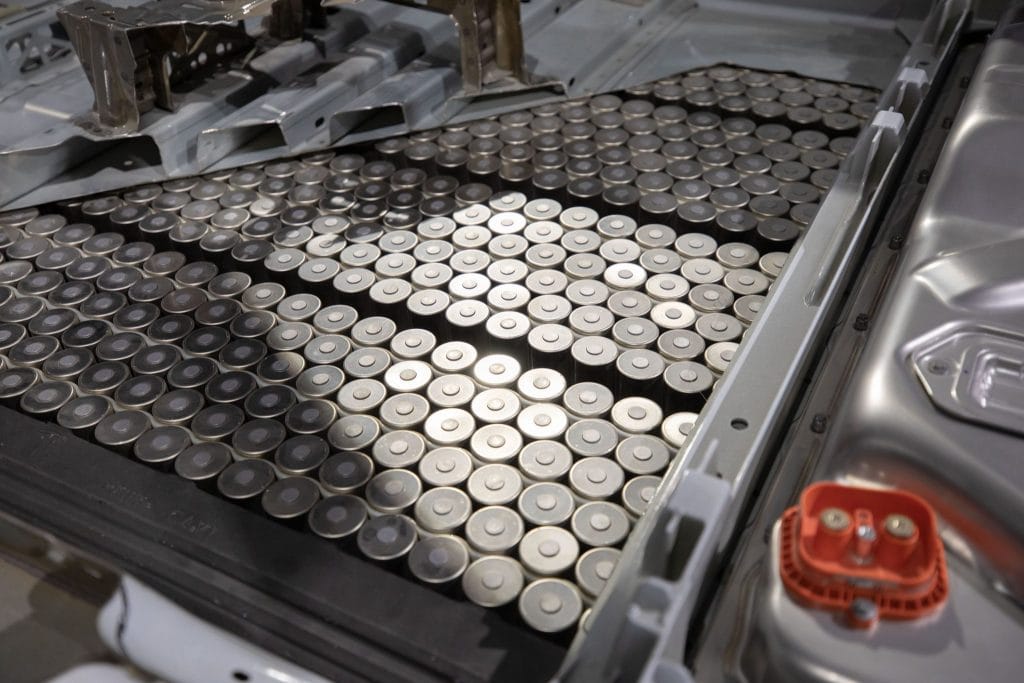
A new study claims that replacing an electric vehicle battery will soon cost less than fixing the engine of a gas car. This is one of the most notable arguments that supporters of combustion engines use to attempt to disprove the effectiveness of electric vehicles.
Recurrent found that the cost of electric vehicle batteries and where they are headed in terms of pricing is on pace for the replacement of an entire pack to be less than a gas engine repair by 2030.
This was supported by the projected cost of EV battery prices in a new study from Goldman Sachs. The firm said that by 2026, battery prices are projected to reach $80 per kilowatt hour (kWh), roughly half the price of what they were priced in 2023.
In just three years, the cost of EV batteries was sliced in half, but the movement could continue to work in the favor of consumers and EV drivers. Goldman Sachs continued to report that their projected cost for batteries is $64 per kWh, but some, like RMI, have it as low as $32 per kWh.
The report from Recurrent states:
Goldman Sachs’ October 2024 report puts the estimated pack price in 2030 at $64/kWh. Compared to other estimates, this number is high. In January 2024, industry leader RMI estimated a 2030 cell price of $32–$54/kWh, or $45-$65/kWh for the pack. However, over the course of 2024, CATL began offering LFP cells as low as $56/kWh and BYD followed. This summer, Clean Energy Associate predicted that the global market for lithium-ion batteries will remain oversupplied through 2028, meaning even lower than anticipated prices.”
The study continued:
“This puts pack prices at or under $50/kWh. For a huge, 100 kWh pack, replacement costs might be $4500-$5000, or $3,375 for a more standard 75 kWh pack. That’s on par with an engine replacement!”
This would effectively mean the cost of replacing an EV battery pack would drop to 30 percent of what it did in 2020.
Goldman Sachs detailed the causes of the prices per kWh dropping in its report:
“A continued downturn in battery metal prices. That includes lithium and cobalt, and nearly 60% of the cost of batteries is from metals. …Roughly over 40% of the decline is just coming from lower commodity costs, because we had a lot of green inflation during 2020 to 2023.”
The EV sector is still young, but the encouraging studies that show prices for battery replacement going down are big news for both companies and consumers.
Companies can likely rely on these price reductions to help increase sales and start seeing some return on their massive investments in EVs. Meanwhile, consumers will be less weary of the expensive task of replacing a battery pack.a





























